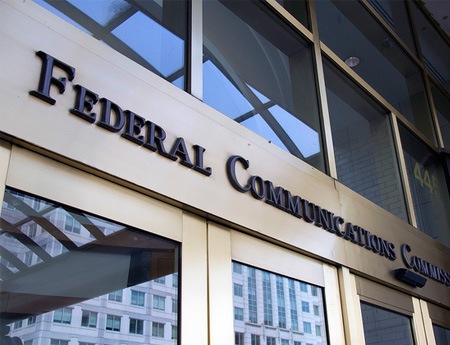CenturyLink: FCC Rate Cuts Could Be Crippling
The smarter way to stay on top of the multichannel video marketplace. Sign up below.
You are now subscribed
Your newsletter sign-up was successful

CenturyLink says the FCC's new business data services (BDS) proposal could mean crippling rate cuts while ignoring evidence of competition.
The company accused the FCC of a flawed and dangerous approach that lacked transparency.
The FCC last Thursday (Oct. 27) scheduled a vote for the November 17 public meeting on FCC Chairman Tom Wheeler's BDS revamp.
RELATED: It's official, CenturyLink is buying Level 3 Communications in a deal valued at about $34 billion.
The chairman is proposing what is billed as a tech-neutral approach to regulating business broadband--credit card transactions and ATM connections, for example--regulating it wherever the FCC finds markets are not competitive, maintaining price caps on incumbent/independent local exchange carriers (ILECs) and regulating new competitive local exchange carriers (CLECS), including cable broadband providers on a case-by-case basis. Initially the proposal was to impose ex ante (before the fact) price regulation on incumbents according to a geographic approach, but that was changed to the case-by-case model.
On Friday, Oc. 28, CenturyLink, which was no fan of the initial proposal, slammed the latest proposal and its ILEC price caps, saying there was no basis for cuts in ILEC rates, period, and that the FCC was lowballing the cuts it was proposing.
The FCC based its new approach to business broadband (formerly called "special access) on several years of data-collection, but CenturyLink says the commission's new proposal "suggests an intent to ignore" evidence of competition and impose not only a phased-in rate reduction but in some cases an additional, initial, rate reduction.
The smarter way to stay on top of the multichannel video marketplace. Sign up below.
"The layering of these reductions on top of one another is buried within the proposal, and has the potential to seriously damage providers’ ability to recover from lost income," the company told the FCC. "This drastic rate cut would cripple many providers’ ability to continue providing quality service, much less have money left to invest in broadband innovation for the future.
Contributing editor John Eggerton has been an editor and/or writer on media regulation, legislation and policy for over four decades, including covering the FCC, FTC, Congress, the major media trade associations, and the federal courts. In addition to Multichannel News and Broadcasting + Cable, his work has appeared in Radio World, TV Technology, TV Fax, This Week in Consumer Electronics, Variety and the Encyclopedia Britannica.

